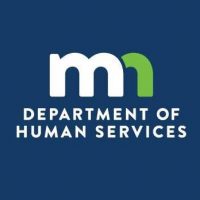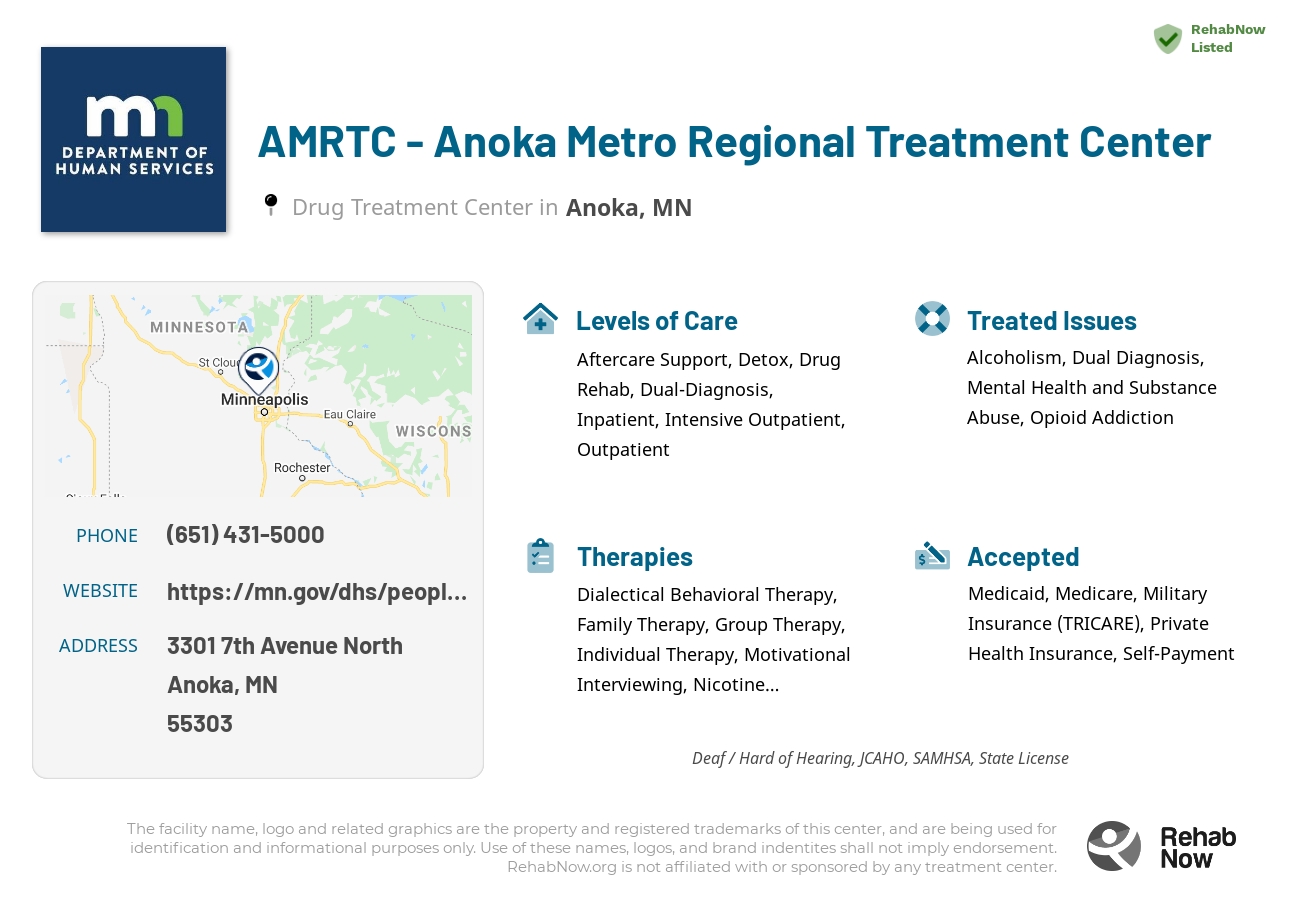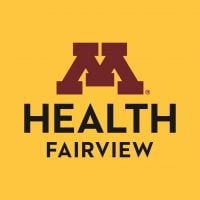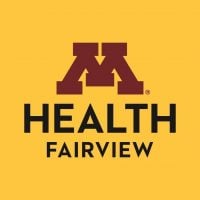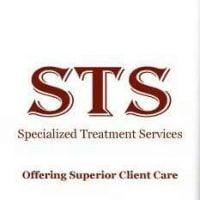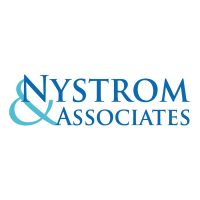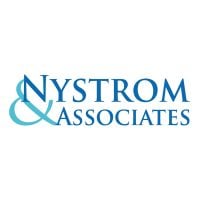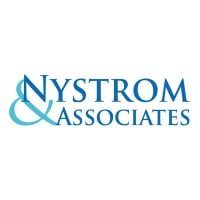AMRTC - Anoka Metro Regional Treatment Center
Drug Rehab Center in Anoka, Minnesota
Anoka Metro Regional Treatment Center in Anoka, Minnesota offers comprehensive addiction treatment programs and services, including counseling, medication-assisted therapy, and evidence-based treatments for alcoholism, drug addiction, opioid addiction, mental health issues, and substance abuse, all backed by accreditation and licensing.
About This Minnesota Facility
AMRTC - Anoka Metro Regional Treatment Center is a leading behavioral health facility located in Anoka, MN. As the state's largest psychiatric hospital, it provides specialized programs and services to support individuals on their path to recovery and improved well-being.
Overseen by the Minnesota Department of Human Services, AMRTC operates a secure 110-bed campus. Its experienced team of professionals offers a range of evidence-based therapies and comprehensive services tailored to each individual's needs.
AMRTC holds prestigious accreditations from JCAHO, SAMHSA, and a state license, ensuring the highest standards of care. The facility provides comprehensive psychiatric evaluations, medication management, individual and group therapy, and inpatient treatment services. Evidence-based modalities like cognitive-behavioral therapy, motivational interviewing, and 12-step programs are employed to address various addictions and mental health issues.
- Specialized programs for alcoholism, drug addiction, opioid addiction, and mental health
- Tailored treatment plans with evidence-based therapies
- Secure inpatient setting with 24/7 monitoring and support
AMRTC focuses on treating individuals struggling with substance abuse disorders, including alcoholism, drug addiction, and opioid addiction, as well as co-occurring mental health conditions.
Genders
Ages
Modality
Additional
Accreditations
State License
SAMHSA

JCAHO
Conditions and Issues Treated
People who abuse drugs are likely to suffer from an addiction, which can cause serious health problems. When it comes to helping drug abusers get sober, there are many options to choose from. It is essential to state that there is no “”correct”” way of doing things. People are different, and they need different types of help to get over their addiction.
Many people who struggle with opioid addiction need to attend specific programs like methadone , Suboxone or Vivitrol clinics.
These types of programs will provide the patient with legal, prescription medications that can help them overcome their cravings for illegal opioids like heroin or fentanyl . If the patient has a chronic condition like Hepatitis C, they must undergo treatment before they can begin taking these medications.
Dual Diagnosis refers to someone who is both dealing with addiction and another mental health issue.
There are different kinds of Dual Diagnosis: A person who simultaneously experiences both a mental illness and an addiction disorder. Or, a person who experiences one or more coexisting (simultaneous) mental health conditions in addition to a primary substance use disorder.
Some conditions that commonly co-occur with addiction include:
- Personality Disorders (Borderline, Narcissistic)
- Mood Disorders (Bipolar Disorder, Depression, Anxiety Disorder)
- PTSD (Post Traumatic Stress Disorder), OCD (Obsessive Compulsive Disorder), ADHD (Attention Deficit Hyperactivity Disorder)
- Schizophrenia, Psychosis, Hallucinations, Delusions
Levels of Care Offered at AMRTC - Anoka Metro Regional Treatment Center
This center offers a variety of custom treatment tailored to individual recovery. Currently available are Aftercare Support, Detox, Drug Rehab, Dual-Diagnosis, Inpatient, Intensive Outpatient, Outpatient, with additional therapies available as listed below.
An addict may have to go through alcohol or drug withdrawal. While detox may be uncomfortable, it is not life-threatening. Detoxification allows the addict to rid the body of all traces of drugs or alcohol and gives the addict a clean slate for their recovery. In an inpatient or outpatient setting, detox can be managed medically.
Individuals who are suffering from severe addiction or have a high risk for dangerous health concerns are often recommended to receive inpatient treatment.
Choosing to enter an inpatient treatment program is beneficial for people who are suffering from severe addiction, or who have a high risk for dangerous health concerns.
Inpatient treatment is beneficial for:
- People who have a history of severe withdrawal.
- People who have attempted to overcome addiction on their own without success.
- People who have a history of relapse, or have recently relapsed.
- People at risk for drug overdose or withdrawal-related complications.
- People with medical conditions that are worsened by drug or alcohol use.
Outpatient addiction treatment is beneficial for people who are able to function well in their day-to-day lives. It is recommended for people who are not yet ready to end their relationships with friends or family members who might be encouraging drug and alcohol use.
Intensive outpatient treatment is beneficial for:
- People who are able to attend treatment more than 3 times per week.
- People who do not meet the criteria for inpatient treatment.
- People who are able to contribute to their own recovery outside of the treatment center.
- People who are motivated towards recovery.
- People who are able to overcome addiction on their own without the need for higher levels of care.
Outpatient treatment programs provide drug and alcohol addiction treatment through individual sessions with a counselor, group therapy, 12-step meetings, and other activities to help individuals gain sober living skills. Most programs are designed for those individuals who have completed a medically supervised detoxification program and provide opportunities for clients to begin the process of early recovery.
Outpatient programs also offer a level of medical support as needed and psychological backing through therapy. Clients are encouraged to live at home, though there may be some flexibility regarding this requirement based on the circumstances and needs of each patient.
Outpatient treatment is perhaps the most common type of dual diagnosis program available. It does not pose a significant financial burden on patients. However, it is essential to note that outpatient treatment does not provide the support and supervision given in residential programs. Some addicts may need this level of support to maintain their sobriety.
People who have completed a rehab program often need continued support from the addiction treatment team in order to remain abstinent from drugs and alcohol. Aftercare can be beneficial for personal, social, and emotional growth.
Common aftercare options include:
- Individual Therapy – this type of addiction counseling is available on a one-on-one basis. This can be beneficial for people with a high degree of emotional turmoil and a strong desire to overcome addiction.
- Group Therapy – this type of addiction counseling is available in a group setting. This type of treatment can be beneficial for people who are unable to attend regular therapy appointments due to other responsibilities.
- Family Therapy – this type of addiction counseling is available to the family members of addicts. This can be beneficial for people who are unable to fully comprehend what their loved ones are experiencing due to addiction.
Therapies & Programs
Therapy sessions focused on the individual addict can provide much-needed guidance as they work toward overcoming their addiction. These types of sessions typically involve guidance from a therapist, who will help addicts identify and process their feelings and cravings.
During these sessions, addicts may develop plans for coping with the triggers that typically lead to relapse and learn how to avoid those triggers during their recovery process.
The main goal of family therapy for drug addiction is to create an environment where communication can occur without judgment, hostility, or blame that often occurs within a family.
Family therapy is a type of group problem-solving that aims to improve communication and relationships between the patient, their family, and sometimes friends. The therapist is with the family as they learn to communicate with each other differently, especially with the addict when s/he is using.
The family can learn to reduce their enabling behavior or rally together and support each other during tough times. The patient also learns how to deal with their addiction and maintain sobriety while interacting with the family.
Different types of addiction treatment services are available. Within this article, group therapy is of interest due to its high success rate compared to individual therapy. Group therapy settings are beneficial because they allow recovering addicts to build a strong support network.
Benefits of group therapy are:
- Reduces feelings of isolation
- Immediate access to social support in the form of fellow addicts in recovery
- Lowers risk of relapse
- Increases rate of sobriety
- Builds coping skills that can be applied to everyday life
Trauma Therapy is a form of therapy that involves working with a patient to help them process and understand the past trauma(s) in their life. The idea behind it is that while some people can experience traumatic events and not have lasting psychiatric symptoms, many others will. In these cases, memories of the event get hidden from consciousness but continue to influence how the person processes and copes with things in their life. They may avoid situations that resemble what happened or become suddenly angry or irritated to a situation that reminds them of a past event.
With the help of a therapist, people can go back over memories and experiences. This helps them understand why they are having problems coping with certain situations and how they can change how they think and react to things. This therapy is typically done using techniques such as visualization, discussion, and writing down thoughts and feelings.
Trauma therapists will work with clients to help them understand their past and present relationships. Many times, patients may believe that something is inherently wrong with them or that they are unworthy of love. A therapist aims to correct these negative feelings and behaviors by helping the person realize that their actions do not reflect who they truly are.
One of the main goals of trauma therapy is to help clients express their emotions and talk about what they are feeling. This benefits both to increase awareness of how certain events have impacted them in the past and enables patients to realize that they can make changes in their lives.
Dialectical Behavior Therapy is a cognitive-behavioral therapy that helps addicts balance their thoughts and emotions to change their behavior. It was designed for those vulnerable to self-harm and suicidal thoughts and aims to help patients understand the connection between their feelings, emotions, and behaviors. It is effective for those whose addictions and behaviors stem from severe mental health issues.
Cognitive Behavioral Therapy (CBT) is used by drug treatment centers to help addicts comprehend the causes of their substance abuse and the consequences that follow. Through CBT, clients learn to recognize and avoid high-risk situations and cope with challenging situations when they arise.
CBT treatment often includes a combination of individual therapy, group therapy, lectures, and other activities. The treatment’s goal is to help addicts gain self-control and maintain abstinence from drugs and alcohol over the long term so that an addict can get sober and lead a more productive life.
CBT is particularly effective in helping people overcome their drug problems, especially people whose drug abuse is motivated by self-defeating beliefs and emotions.
Payment Options Accepted
For specific insurance or payment methods please contact us.
Is your insurance accepted?
Ask an expert, call (888) 674-0062
Minnesota Department of Human Services Associated Centers
Discover treatment facilities under the same provider.
No items foundLearn More About Minnesota Department of Human Services Centers
Additional Details
Specifics, location, and helpful extra information.
Anoka, Minnesota 55303 Phone Number(651) 431-5000 Meta DetailsUpdated April 15, 2024
Staff Verified
Patient Reviews
There are no reviews yet. Be the first one to write one.
Anoka, Minnesota Addiction Information
Minnesota is fighting an opioid epidemic that is leaving hundreds of its residents dead each year. Both prescription opioids and illicit opioids are widely abused in the Land of 10,000 Lakes. Heroin continues to be one of the most commonly abused drugs in the state, if not the most common illicit drug. Over 10% of all treatment admissions in Minnesota list heroin as their drug of choice.
The drug addiction problem in Anoka, MN, is relatively inadequate. According to recent statistics, approximately 9% of the population in Anoka, MN, abuse drugs, while about 15% of the people in Anoka, MN, are alcoholics. Anoka's most commonly abused drugs include heroin, methamphetamine, and prescription drugs. Most drug treatment facilities in Anoka offer inpatient and outpatient care so that people can receive the level of care they need.
Treatment in Nearby Cities
- Little Falls, MN (71.4 mi.)
- Ogema, MN (178.6 mi.)
- Rush City, MN (38.2 mi.)
- Sawyer, MN (106.9 mi.)
- Albert Lea, MN (108.4 mi.)
Centers near AMRTC - Anoka Metro Regional Treatment Center
The facility name, logo and brand are the property and registered trademarks of AMRTC - Anoka Metro Regional Treatment Center, and are being used for identification and informational purposes only. Use of these names, logos and brands shall not imply endorsement. RehabNow.org is not affiliated with or sponsored by AMRTC - Anoka Metro Regional Treatment Center.
